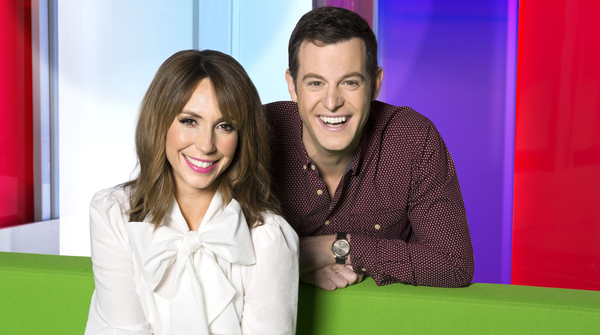Fearless or thankless? The state of investigative journalism
Investigative journalism has been having a tough time of it lately. In the broadcast space, Vice, once feted for its original and irreverent reporting, this year announced it would stop publishing new content. BBC Two current affairs flagship Newsnight was also cut by 10 minutes and deprived of top reporters such as its Diplomatic Editor, Mark Urban. Hundreds of jobs were lost at Vice, while more than 30 staff have been laid off at Newsnight.







